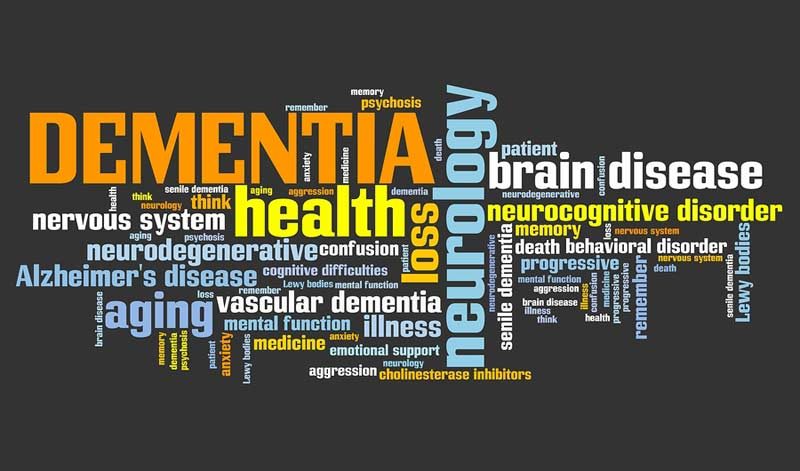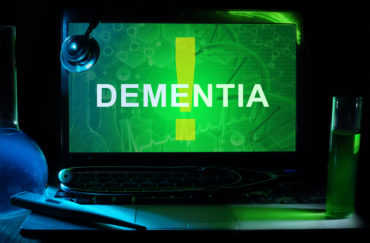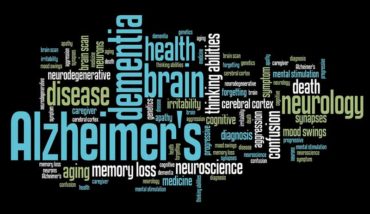Let’s get straight to business about Dementia disease. What is Dementia?
Dementia disease is a term used to describe a severe loss of mental ability. This includes but is not limited to, the loss of memory.
Memory loss is normal as people age, but when it starts to disrupt daily life, it may be due to dementia.
Dementia disease is caused by underlying diseases that damage the brain’s tissues. This damage makes it hard for the brain to function correctly and leads to problems like memory loss and confusion.
What Causes Dementia Disease?
Alzheimer’s disease and vascular disease are two primary causes of dementia.
Dementia can also be caused by head injuries, alcoholism, Parkinson’s disease, and other conditions similar conditions, although these are less likely.
If you know someone who is developing dementia, it is important to understand that the changes in thinking are due to brain damage. Also, that person will need to have a medical evaluation to determine if the dementia is temporary or permanent.
Dementia due to infections and drug side effects can often be reversed, but that caused by progressive diseases usually cannot.

Who Gets Dementia Disease?
In the United States, around 10 percent of people over the age of 65 have dementia. It is most common in people over 85.
Dementia progresses over several years. People who have had multiple strokes may be more likely to develop dementia, as may patients with certain chronic diseases.
What Happens When Someone Gets Dementia?
Dementia may cause your loved one to become agitated. Behavior changes and emotional distress are common.
Some people experience mild agitation, which makes them act in ways that are out of character. Those with more severe agitation may need caregivers or supervisors at hand who can be reassuring. This is because it is common for people in this state to become stubborn or nervous.
Agitation tends to get worse over time and is persistent.
Some behavior issues you might encounter include:
- Demands for attention
- Pacing, searching, or rummaging
- Hitting
- Biting
- Yelling
- Threatening
- Stubborn refusals to participate
- Irritability and frustration
A patient may become agitated for physical, medical, psychiatric, or environmental reasons.
Physical and Medical Issues Around Dementia Disease
If a person with dementia has not had agitation as a symptom in the past or is more strongly agitated than usual, the problem may be related to a medical or physical condition.
A sudden illness can cause delirium, which is an episode of agitation and confusion caused by the illness. Some medical conditions that can cause this issue include:
- Pneumonia
- Dehydration
- Poor nutrition
- Bladder infections
- Chronic disease flares (e.g., diabetes or asthma)
You might also consider any new medications or recently changed doses.
Environmental Causes of Agitation
A person with dementia generally cannot handle uncertainty the way a healthy person can. This means that any change to his or her environment can cause the patient to become agitated.
It is therefore important to make sure the patient’s environment is not too noisy, improperly heated, or poorly lit, as these factors can lead to increased agitation and other problems.
It is also important to keep to a routine. The patient may become distressed if left alone for too long or surrounded by too many people at once.
What Psychiatric Symptoms Can I Expect?
Some common psychiatric syndromes your loved one might experience include psychosis, anger, aggression, depression, and anxiety.
People with psychosis may be out of touch with reality and become irrational. They may imagine things that they think are real and may experience delusions and hallucinations.
Patients with dementia can also become angry or aggressive. Dementia damages the brain’s ability to manage anger, which is called disinhibition.
This can cause patients to lash out because they feel ignored, mistreated, or as though they are in danger.
Frustration at being unable to complete simple tasks that used to be easy can be another cause of anger. The anger and aggression a person with dementia feels can take the form of verbal insults, accusations, refusals to cooperate, or even physical assaults in some cases.

Self-injury is also possible.
If you notice this type of behavior, make sure the environment is safe to reduce the chances of injury.
When patients cease to find joy in activities they may have previously enjoyed, they are likely to be depressed. This lack of enjoyment is a symptom, and it is not directly caused by the deterioration due to dementia.
Treating depression can help patients and may reduce the chance of delusions. Anxiety may also manifest with depression, but this is actually an indication that dementia may be in its early stages.
How Can I Treat Dementia?
We have discussed a very important routine that can help to reverse Dementia in this article, you should read it!
Furthermore, providing the right kind of environment, treating a patient with medications, and getting support from the family are just some of the ways that professionals treat dementia and the agitation that goes along with it.
For instance, some people may become agitated when they feel physically uncomfortable.
Doctors will likely talk with the family about keeping the patient comfortable and providing a routine and support.
Medications can also help to lessen agitation. Sedation may be used in a crisis and may make a patient drowsy for a few hours.
There are long-term treatments that do not cause these effects, but it can sometimes take weeks before medication begins to work. An antipsychotic can reduce delirium and psychosis, and doctors sometimes prescribe benzodiazepines or trazodone to help with insomnia.
They may prescribe antidepressants for depression or pain from arthritis when over-the-counter methods don’t work. Buspirone can help with long-term anxiety control.
To reduce anger and aggression, a doctor might suggest Divalproex for long-term treatment. An antipsychotic can also be used in some cases.
The doctor will need to make sure that the patient does not have any other health conditions or medications that will interact with these drugs before prescribing medications.
Summary: Everything You Should Know About Dementia Disease
Dementia disease is common among Seniors. It is a degenerative disease associated with a severe loss of mental ability.
As bleak as this might sound, we have seen that it is not all gloomy as a good understanding of this disease will help you provide better care to any of your loved ones suffering from it.
Let us know your thoughts in the comment section, we will be happy to read and respond to your questions.






